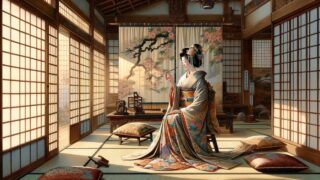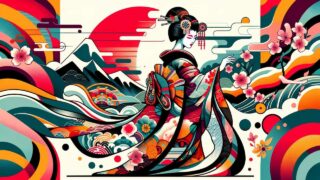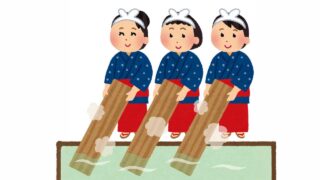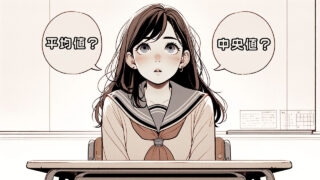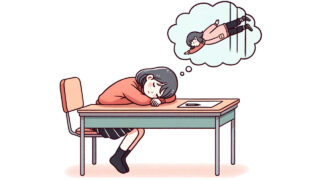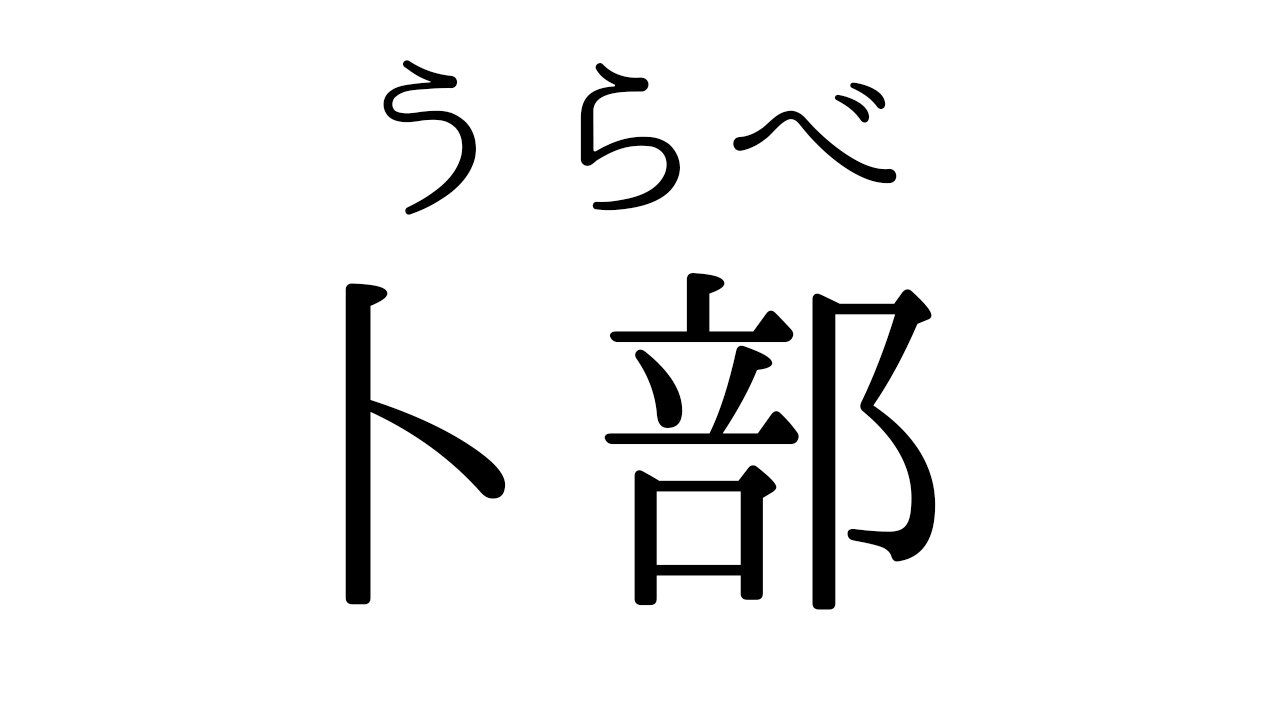Have you ever wondered why the seemingly simple kanji “卜” is read as “ura” in Japanese? What history and cultural background lie behind this peculiar reading? In this article, we’ll explore the intriguing origins of “卜” and unravel the mystery behind its Japanese pronunciation.
The Origins of the Kanji “卜”
The kanji “卜” evolved from a pictographic character used in ancient China for divination. This character symbolizes the method of “bokusen,” which involves cracking holes in bones or turtle shells and interpreting the resulting cracks after heating them with fire. This divination practice can be traced back to the Yin Dynasty of ancient China, and it is believed that the character “卜” also took shape during this period.
Why “卜” is Read as “Ura” in Japanese
The reason behind the reading of “卜” as “ura” is rooted in the unique history of language development in Japan. As kanji characters were introduced from ancient China, their readings were adapted to fit the phonology of the Japanese language. In many cases, they were assigned “kun’yomi,” or Japanese readings, corresponding to native Japanese words. For “卜,” it is believed that the Japanese word “uranai,” meaning divination, was shortened to “ura” and became the assigned reading. This reading became established over centuries of linguistic evolution after the introduction of kanji to Japan.
The Use of “卜” in Japan
In Japan, the kanji “卜” and its related characters and phrases are not limited to the context of divination. They can also be found in personal and place names. For instance, the surname “Urabe” (卜部) has existed in Japan for centuries and incorporates this kanji. Additionally, “卜” is sometimes used in place names, although its reading and meaning may vary depending on the region. In most cases, however, it carries connotations of divination or fate.
Conclusion
Understanding the origins and history behind the reading of the kanji “卜” as “ura” provides a deeper appreciation for its significance. This character, symbolizing divination, has journeyed from ancient Chinese culture to Japan, undergoing a unique evolution. The Japanese readings of kanji characters are shaped by a complex interplay of linguistic changes and cultural contexts, and the reading of “卜” is a prime example of this phenomenon.





